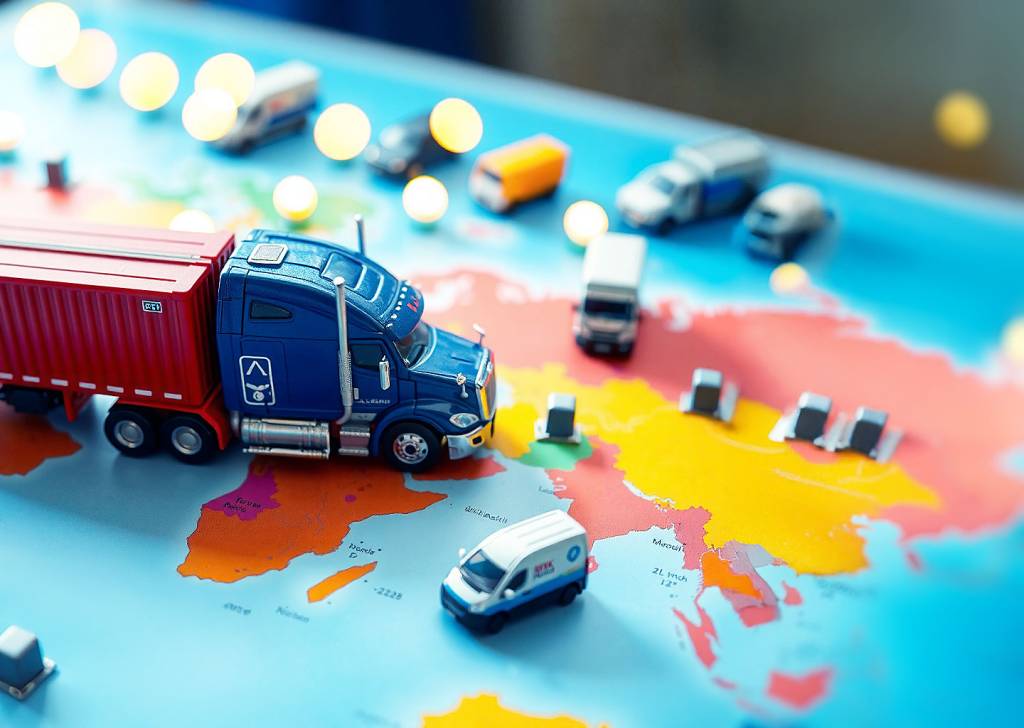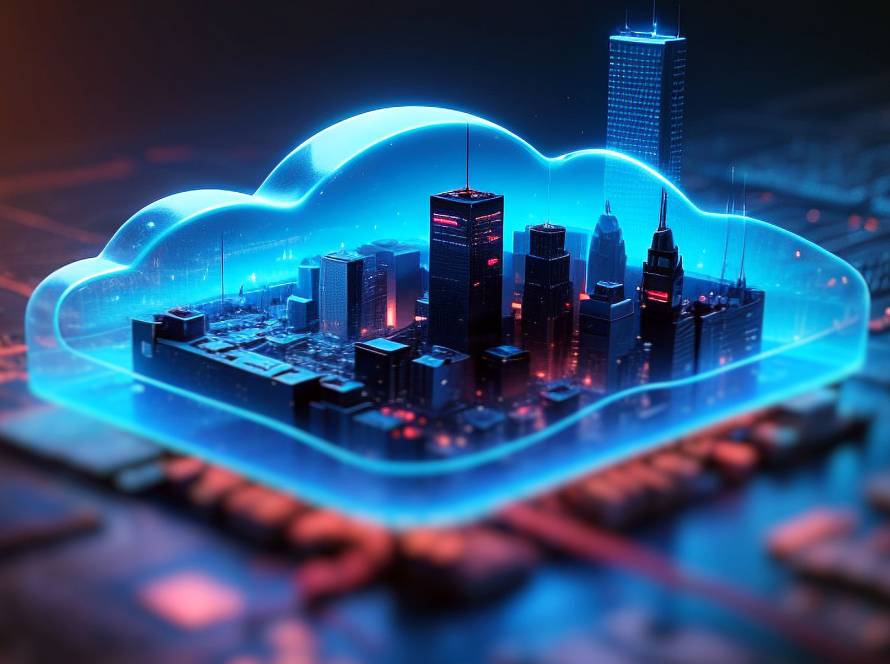Building on our previous posts introducing IoT basics and its technical foundations, this article explores how IoT technologies are actively transforming industries today. From manufacturing floors to smart cities, IoT solutions are delivering measurable benefits — boosting efficiency, improving safety, reducing costs, and enabling new business models.
Manufacturing & Industrial IoT: Smarter Factories and Predictive Maintenance
In manufacturing, IoT connects machines, sensors, and systems to enable Industry 4.0 — the digital transformation of production. Sensors monitor equipment health by tracking parameters like temperature, vibration, and pressure. This data supports predictive maintenance, allowing early detection of potential failures and reducing costly downtime.
For example, Bosch [1] uses connected production lines with IoT-enabled sensors and smart robotics to optimize workflows and improve efficiency. Similarly, ABB [2] applies IoT solutions for real-time monitoring and predictive maintenance of industrial equipment, enhancing reliability and reducing maintenance costs. Komatsu [3]’s Smart Construction range incorporates IoT devices and applications that digitize construction sites to improve productivity and safety.
These IoT applications help improve uptime, lower expenses, and enable data-driven decision-making in manufacturing.
Healthcare IoT: Remote Monitoring and Smart Asset Management
Healthcare is rapidly adopting IoT to improve patient outcomes and operational efficiency. Wearable devices track vital signs such as heart rate, glucose levels, and oxygen saturation continuously, enabling remote patient monitoring and early intervention.
Hospitals use IoT for asset tracking — locating critical equipment like ventilators or wheelchairs instantly — and environmental monitoring to ensure proper conditions for medicines and sterile environments.
Devices like QardioCore [4] provide ECG monitoring remotely, while IoT-enabled hospital systems streamline workflows and reduce errors, enhancing both patient care and staff productivity.
Retail & Jewellery: Real-Time Inventory and Enhanced Customer Experience

Retailers leverage IoT to transform inventory management and customer engagement. RFID tags and smart shelves provide real-time visibility of stock levels, preventing out-of-stock situations and reducing shrinkage.
IoT-powered beacons and mobile apps enable personalised marketing by detecting customer presence and preferences, enhancing the shopping experience. Security is also improved through IoT surveillance and access control systems.
Large retailers use IoT sensors to monitor store conditions such as lighting and air quality, optimising energy use and creating comfortable environments for shoppers.
Logistics & Supply Chain: Transparent Tracking and Condition Monitoring

IoT revolutionises logistics by providing real-time tracking of shipments and fleet vehicles. GPS and RFID technologies enable precise location tracking, while sensors monitor environmental conditions such as temperature and humidity — crucial for perishable goods.
Companies like Amazon [5] use IoT to optimise routes, reduce fuel consumption, and predict vehicle maintenance needs, improving delivery reliability and lowering operational costs.
Smart warehousing employs IoT to track goods within facilities, speeding up order fulfilment and minimising errors.
Agriculture: Smart Farming and Resource Efficiency
IoT sensors monitor soil moisture, temperature, and crop health, enabling data-driven farming decisions. Automated irrigation systems water crops only when needed, conserving water and improving yields.
John Deere [6]’s self-driving tractors and telematics systems exemplify how IoT is turning agriculture into a precise science, increasing productivity while reducing environmental impact.
Smart Cities: Sustainable and Efficient Urban Living
IoT applications in smart cities improve infrastructure and quality of life. Connected sensors manage traffic flow, reduce congestion, and provide real-time public transport updates.
Smart grids and metering optimise energy distribution, while environmental sensors monitor air quality and water usage to support sustainability goals.
Projects like TEKTELIC’s [7] LoRaWAN networks enable cities to detect leaks, manage waste, and respond swiftly to environmental changes, making urban centres safer and more liveable.
Looking Ahead
IoT technologies are no longer futuristic concepts — they are actively reshaping industries by enabling smarter operations, better resource management, and enhanced customer experiences. From factory floors to city streets, IoT drives innovation and competitive advantage.
At Howood International, we specialise in delivering customised IoT solutions tailored to your industry’s unique challenges and goals. Partner with us to harness the power of IoT and transform your business for a connected future.
References
- Industry 4.0 Production Line — Bosch Global
- ABB IoT Case Study — Embever
- Komatsu Smart Construction — KHL Group
- Wearable ECG Monitor — QardioCore
- Amazon IoT in Supply Chain — IoT For All
- John Deere IoT Solutions — WB Research
- Smart City Solutions — TEKTELIC



